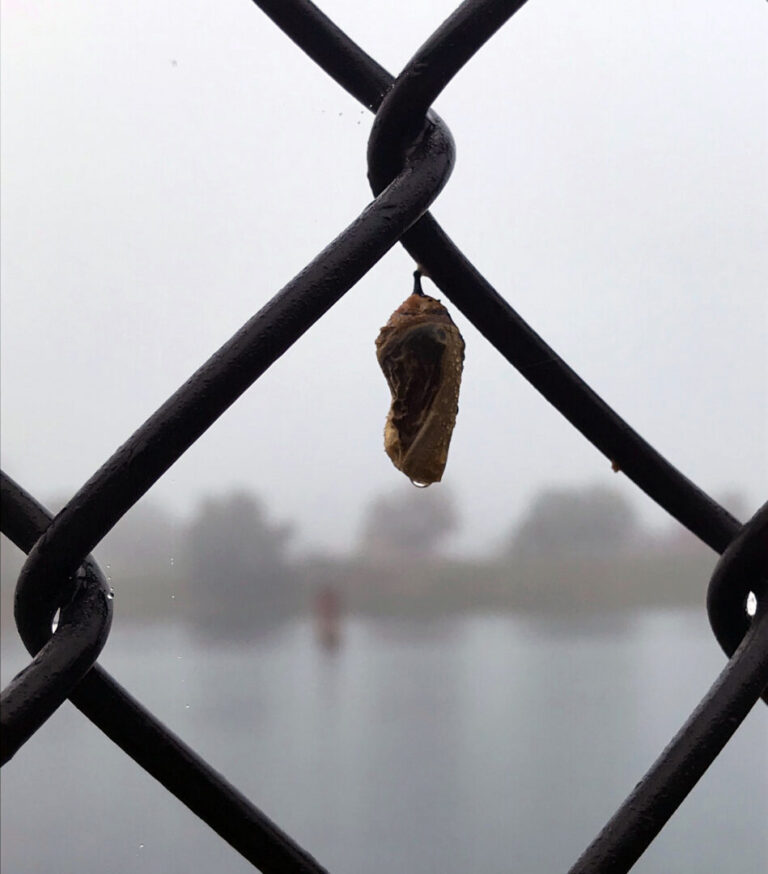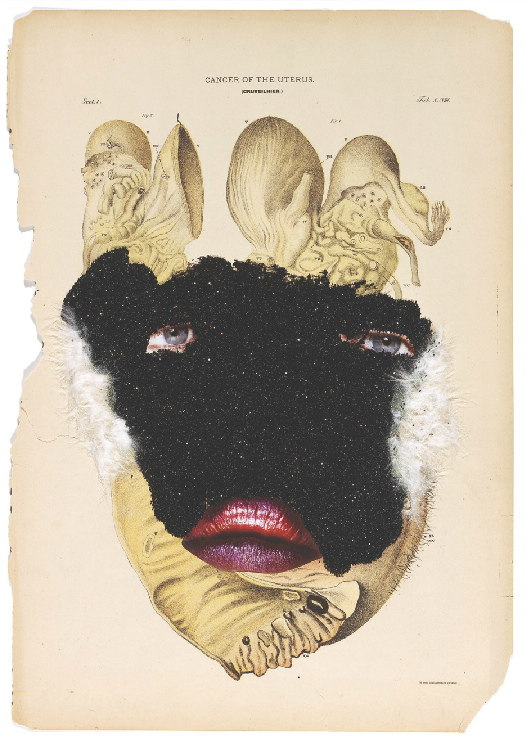The increasing recognition of critical disability studies as a generative body of work across disciplines is inseparable from a collective need to make sense of ongoing moments of socio-political crisis, emergency, and exceptionality. Theorizations of crip time emergent from lived experiences of disability are critical to the ongoing work of understanding and surviving a chronically debilitating socio-political context. Our current political moment seems to protract states of crisis to such a degree that the very notions of emergency and crisis shift under the weight of their simultaneous seeming banality and urgent ubiquity. “Cripistemologies of Crisis: Emergent Knowledges for the Present” contends that epistemologies of chronicity, illness, and trauma offer indispensable lenses through which to rethink—and care for—our collective present. The essays within “Cripistemologies of Crisis” reframe our understandings of both social and personal crisis, and explore how crisis and emergency shape the experiences and knowledges of our bodyminds in time and space. The authors collectively offer an epistemological toolkit to theorize and survive everyday states of trauma, madness, and illness as the lived impacts of such quotidian and ongoing violence. “Cripistemologies of Crisis” asks, then, what crip futures can be conjured through a centering of experiential, collective, and speculative ways of knowing with/in/through crisis.
Keyword: critical disability studies
When Silence Said Everything: Reconceptualizing Trauma through Critical Disability Studies
Reading X González’s, March 24, 2018, “March For Our Lives” speech—their words and silences—as an entry point into what I term a crip theory of trauma, this essay argues that the dominant narratives about and around Post Traumatic Stress Disorder (PTSD) say more about the compulsivity of the “proper” citizen subject than they do the actual embodied experience and debilitation of trauma itself. The text reconceptualizes trauma narratives, like González’s, through critical disability studies to argue that certain cripistemologies—or crip ways of knowing—trauma arise that are not otherwise available or readily accessible. Most notably, by rejecting dominant pathologizing forces and embracing crip ways of knowing, this analysis brings forth a new working definition of trauma, as an embodied, affective structure. These ways of knowing offer crucial insights for efforts to grapple with the ongoing forms of trauma enacted and perpetuated across the globe, and are particularly urgent against a political and cultural landscape that, as my reading of González’s speech makes clear, in many ways refuses to hear, see, and learn from the knowledge that trauma produces.
Critical Disability Studies as Methodology
Response to Julie Avril Minich, “Enabling Whom? Critical Disability Studies Now,” published in Lateral 5.1. Schalk calls for a shift in thinking that directly affects action and discusses creating classroom experiences that help students to critique intersecting social structures in their everyday encounters.
Toward a Crip-of-Color Critique: Thinking with Minich’s “Enabling Whom?”
Response to Julie Avril Minich, “Enabling Whom? Critical Disability Studies Now,” published in Lateral 5.1. Kim elaborates upon a crip-of-color critique, which has possibilities to both criticize structures that inherently devalue humans and to take action to work toward justice. Kim’s final call is to identify and act against the inequalities and harm of academic labor, urging readers to take seriously a “politics of refusal” that might help academics of color survive through alternative collectivities.
Thinking with Jina B. Kim and Sami Schalk
It is an honor and a privilege to read these careful and insightful responses to my provocation by Jina B. Kim and Sami Schalk, two intellectuals whose body of work, in my estimation, demonstrates exactly the kind of critical engagement I had in mind when I proposed the idea of critical disability studies as methodology…
Enabling Whom? Critical Disability Studies Now
Advising against the potential ways in which scholarship might take up disability by fetishizing difference and reaffirming dominant models of able-bodiedness, Julie Avril Minich calls for work to be first and foremost accountable to people with disabilities: this means making knowledge accessible. In order for knowledge to be accessible, Minich stresses, the labor of accessibility must be addressed on an institutional level.




